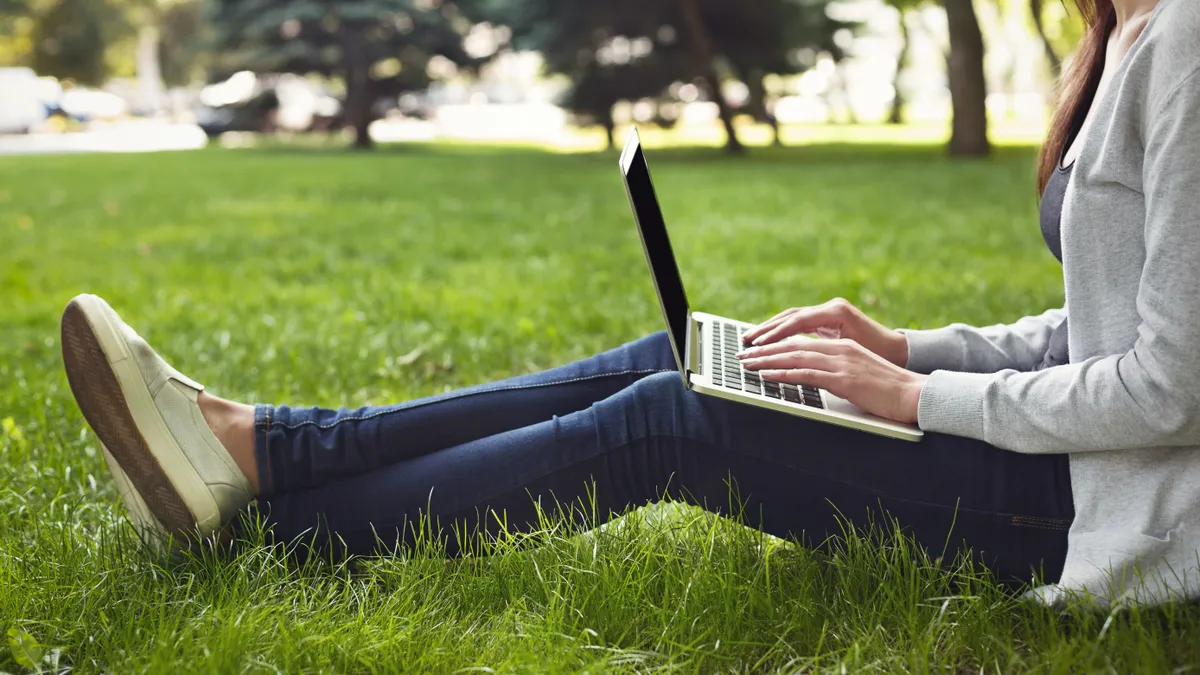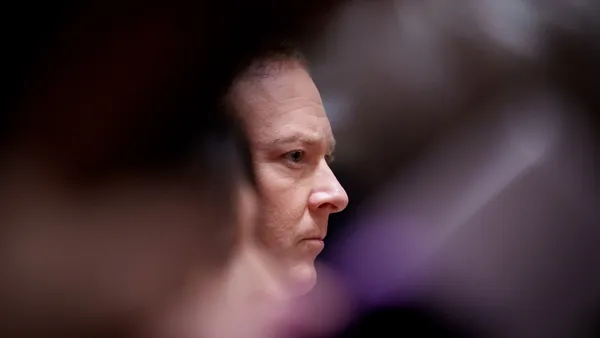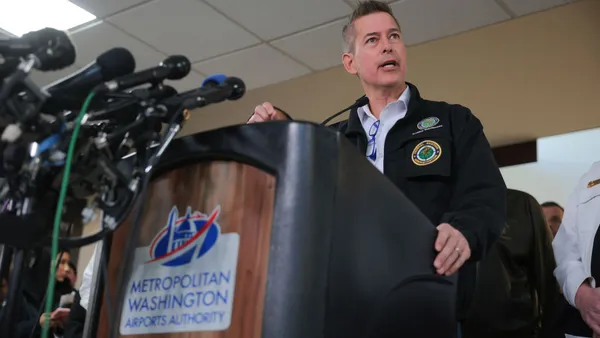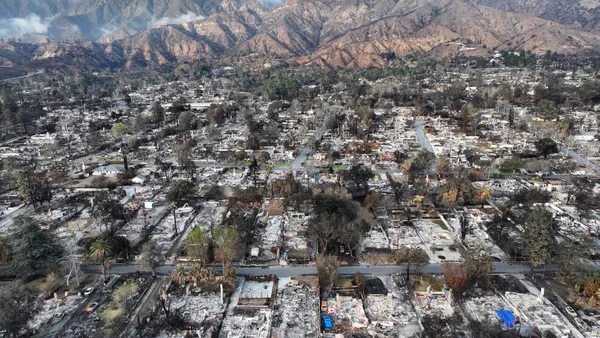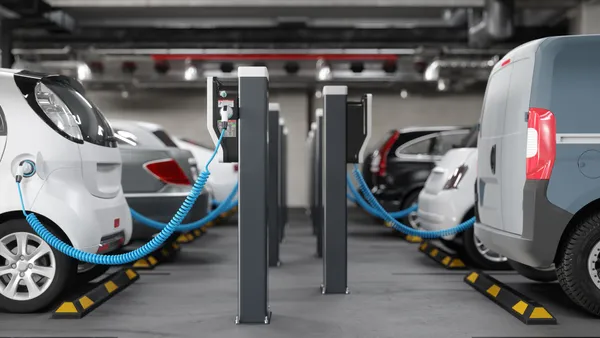Dive Brief:
- The city of Chicago is spending $8 million to install public Wi-Fi at 60 parks, making free broadband access available to park-goers and nearby residents, city officials announced June 6.
- “Parks are more than places to recreate, they are community hubs where residents seek opportunities that improve their quality of life: connecting to friends, applying for a job, and getting homework done,” Chicago Park District General Superintendent and CEO Rosa Escareño said in a statement.
- The city will also install new digital screens and kiosks at the selected parks to display information about parks and other public resources, according to a news release.
Dive Insight:
Closing the digital divide has for years been a goal of many U.S. cities. These efforts are most recently challenged by the termination of the federal Affordable Connectivity Program, which helped nearly 23 million households pay their internet bills. Despite U.S. mayors’ calls to keep the program going, it ended on June 1 due to a lack of funding, the Federal Communications Commission said in a news release.
Equitable broadband access has proven to be a challenge for Chicago. About 80% of the city’s households are connected to the Internet, but certain neighborhoods have much lower access rates, with up to 40% of households lacking internet in the least connected communities, according to an analysis from The University of Chicago’s Data Science Institute. Those low-access neighborhoods on the South and West sides of Chicago are where the city is directing its effort to install public Wi-Fi in parks.
People who live near the parks will also benefit, with the new infrastructure’s antenna signals reaching between 100 and 200 yards, the city said in the release.
The city is in the process of completing broadband improvements at the parks’ fieldhouses. Outdoor Wi-Fi access will be completed by the end of 2024, Escareño said at a June 6 news conference. Beginning in winter 2025, the city plans to expand its focus to improving existing Wi-Fi connections at 100 more parks.
“Access to Wi-Fi is truly a human right,” Escareño said.



